Let’s compare Sales page vs Landing page.
When it comes to creating web pages for your business, you may be wondering what the difference is between a sales page and a landing page.
A sales page is typically used to sell a product or service. It includes information about the product or service and testimonials from customers, and a call to action. On the other hand, a landing page is used to capture leads.
It includes a form where potential customers can enter their contact information to receive more information about the product or service.
Both types of pages are important for your business. However, you will need to determine which page type is right for you.
Whether you are running a business-to-consumer (B2C) or a business-to-business (B2B) company, you must create sales pages and landing pages to capture leads and close sales.
Businesses that offer products or services online should have a sales page on their website. It is the perfect place to provide information about your product or service, testimonials from customers, and a call to action.
While a sales page is important, landing pages are also essential for businesses. A landing page is a perfect place to capture leads. You can include a form on your landing page where potential customers can enter their contact information to receive more information about your product or service.
Since both of these pages are important, and each has its unique purpose, you will need to determine which type of page is right for your business. In this article, we will discuss the differences between sales pages and landing pages and help you decide which type of page is right for you.
What is a Sales Page?
A sales page is used to sell a product or service. It usually includes information about the product or service and testimonials from customers, and a call to action.
Most sales pages are long form sales page. This means that they are typically several pages long, with a lot of information about the product or service. Long form sales pages allow potential customers to learn everything there is to know about the product or service before making a purchase decision.
Short-form sales pages are also common. A short sales page is typically just one or two pages long, and it focuses on highlighting the most important information about the product or service. It also includes a call to action, so potential customers can learn more and make a purchase. If you have a sales team, then creating sales pages and sending them to potential customers might be the best way to go with your marketing strategy.
A good sales page has the following
Information about the product or service
The first thing you need to do is provide information about the product or service you are selling. This includes a description of the product or service and what it does. You should also include images and videos to help illustrate what you are selling. Plus, your home page should also focus on your target audience.
If you are selling a physical product, you will need to include information about the product, such as its dimensions, weight, and materials. If you are selling a service, you will need to provide information about what the service includes and any restrictions or limitations.
Testimonials from customers
With a good sales page, you should also include a section where potential customers can leave their testimonials. This will help build trust with potential customers further and show that your product or service is worth considering.
Customer testimonials are a great way to build trust with potential customers. They can help show that other people have had a good experience with your product or service and that it is worth considering.
A call to action
Finally, you need to include a call to action on your sales page. This is where you ask potential customers to buy your product or service. A strong call to action can help increase your conversion rate.
Always make sure your call to action is clear and easy to understand. You don’t want to confuse potential customers or make it difficult for them to purchase your product or service. Even if you have the best product or service in the world, if you can’t get people to buy it, it’s not going to do you any good.
Why do You Need a Sales Page?
A sales page is an essential part of any business’s marketing strategy. It is the perfect place to provide information about your product or service, testimonials from customers, and a call to action.
When potential customers visit your website, they will be looking for information about your product or service. The best place to provide that information is on a sales page. A good sales page can help persuade potential customers to buy your product or service.
With a good sales page, you can:
Sell products or services online
Sales pages can be used to sell products or services online. This is the most common use for a sales page. It is the perfect place to provide information about your product or service, testimonials from customers, and a call to action.
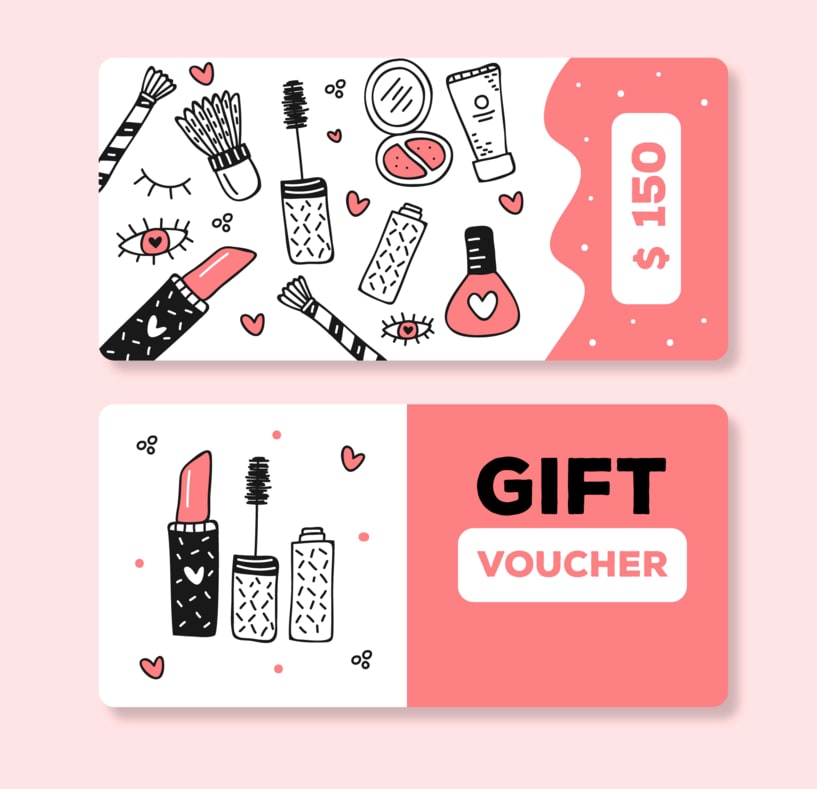
Increase brand awareness
A good sales page can also help increase brand awareness. When potential customers visit your website, they will see your logo and learn more about your company. This can help increase brand awareness and encourage potential customers to buy your product or service. In addition to sales pages, make sure to learn how to create a blog to make your website more interactive and engaging for visitors.
Capture leads
A sales page can also be used to capture leads. When potential customers enter their contact information on the page, they will be added to your mailing list. This can help you keep in touch with potential customers and encourage them to buy your product or service.
Establish trust with potential customers
Testimonials from customers can help establish trust with potential customers. When potential customers see that other people have had a good experience with your product or service, they are more likely to consider buying it themselves.
Do you need help building a high-converting sales page or landing page?
What is a Landing Page?
A landing page is a web page that is designed to solicit information from potential customers, such as their contact information or their interest in a product or service. Landing pages are usually used to generate leads, and they are often part of a larger marketing campaign.
There are several attributes describing a positive landing page experience. Landing pages typically have one goal: to get potential customers to provide their contact information. To achieve this goal, landing pages must be clear and concise, including a strong call to action.
A landing page is typically one web page, but it can also be several pages long. The most important thing is that the landing page has a clear purpose and that the potential customer understands what they need to do to receive more information about the sales process.
Why do You Need a Landing Page?
A landing page is an essential part of any business’ marketing strategy. It is the perfect place to solicit information from potential customers, and it can help you generate leads.
When potential customers visit your website, they will be looking for information about your product or service. The best place to provide that information is on a landing page. A good landing page can help persuade potential customers to provide their contact information.
With a good landing page, you can:
Generate leads
A landing page is a perfect place to generate leads. You can include a form on your landing page where potential customers can enter their contact information to receive more information about your product or service.
Increase conversion rate
A strong call to action can help increase your conversion rate. When potential customers see an offer too good to refuse, they are more likely to convert and provide their contact information.
Provide more information about your product or service
A landing page can provide more information about your product or service. You can include photos, videos, and customer testimonials on your landing page. This can help potential customers learn more about your product or service and decide if they want to buy it.
The Difference Between a Sales Page and a Landing Page
While a landing page and a sales page share some common features, there are some important differences between the two pages.
Purpose
The first difference is purpose. As its name suggests, a landing page is designed to get potential customers to take a specific action, such as providing their contact information. It is not meant to sell a product or service outright.
Further, it is meant to capture leads for email follow-up nurturing. On the other hand, a sales page is designed to sell a product or service. It typically includes more information about the product or service and photos, videos, and testimonials from customers.
Since a landing page is focused on getting potential customers to take a specific action, it should be more concise than a sales page. A landing page should also include a strong call to action so that potential customers know what they need to do to receive more information.
Length
Another difference between landing pages and sales pages is in length. A landing page can be one web page, but it can also be several pages long. The most important thing is that the landing page has a clear purpose and that the potential customer understands what they need to do to receive more information.
On the other hand, a sales page is typically longer and more detailed. It includes more information about the product or service and photos, videos, and testimonials from customers, which eventually increases the chances of sales.
Design
The design of a landing page is also important. A landing page should be simple and concise and include a strong call to action. The design of a sales page, on the other hand, can be more elaborate. It can include photos, videos, testimonials from customers, and more detailed information about the product or service.
Call to Action
The call to action is another important difference between landing and sales pages. A landing page should include a strong call to action so that potential customers know what they need to do to receive more information about your product or service. On the other hand, a sales page typically includes several calls to action so that potential customers can take different actions depending on their interests.
The call to action on a landing page is typically more aggressive than the call to action on a sales page. A landing page is designed to get potential customers to take a specific action, while a sales page is designed to persuade potential customers to buy a product or service.
Nurturing
A landing page can also be used to nurture potential customers. After a potential customer provides their contact information, you can send them automated emails that provide more information about your product or service.
This can help potential customers learn more about your product or service and decide if they want to buy it. A sales page is not as effective for nurturing potential customers because its primary purpose for customers to buy is to sell a product or service.
Targeting
A landing page can be targeted to specific potential customers. You can target landing pages by demographics, interests, or even behavior. A sales page cannot be targeted in this way. Even if you target a sales page to a specific group of people, all potential customers who see the page will not necessarily be interested in the product or service.
Testing
You can test it to see how well it performs when you create a landing page. You can test the headline, the call to action, the design, and even the copy. A sales page cannot be tested in this way. And, because a landing page is more concise than a sales page, it’s easier to test it.
Cost
Landing pages are typically less expensive to create than sales pages. A landing page does not have to include as much information as a sales page does. Additionally, landing pages can be created with free or inexpensive software. Sales pages typically require the services of a graphic designer and a web developer, which can be expensive.
Time to Create
Landing pages can be created fairly quickly, especially if you use a template. Sales pages typically require more time to create because they are more elaborate. You can’t just create a sales page by using a template. You need to include more detailed information about the product or service, as well as graphics and videos.
Conversion Rate
The conversion rate for landing pages is typically higher than for sales pages. This is because landing pages are designed to get potential customers to take a specific action. In contrast, sales pages are designed to persuade potential customers to buy a product or service. Even if a sales page has a high conversion rate, it will not be as high as the conversion rate for a landing page. This is because landing pages are simpler and more concise than sales pages.
As you can see, there are several important differences between landing pages and sales pages. Now, let’s know which one is best for your business.
Now is the time to improve your lead generation campaigns using a sales page or a landing page.
Landing or Sales Pages? Which is Better For Your Business?
There is no definitive answer to this question. It depends on the specific needs of your business.
You can consider using a landing page if you want to:
Nurture potential customers
Landing pages can be used to nurture potential customers by providing them with automated emails that provide more information about your product or service. Since your potential customers have already expressed an interest in what you offer, this can help them learn more about your product or service and decide if they want to buy it.
Test landing pages to see how well they perform
You can test landing pages to see how well they perform by testing the headline, the call to action, the design, and even the copy. This can help you determine which landing page is most effective at getting potential customers to take a specific action.
Enroll people in your email newsletter
If you want to enroll people in your email newsletter, you can use a landing page. They will be more likely to sign up if they are already interested in what you have to offer. Like if you have an online course and you want to get people subscribed to receive notifications about the course, then a landing page will help with that.
Promote your new product launch
If you are launching a new product, you can use a landing page to promote it. You can provide potential customers with more information about the product with a landing page, including videos and images. This can help them learn more about the product and decide if they want to buy it.
Drive people to your events
If you are holding an event, you can use a landing page to promote it. You can provide potential customers with information about the event, including the date, time, and location. This can help them learn more about the event and decide if they want to attend it.
You can consider using a sales page if you want to:
Persuade potential customers to buy a product or service
Sales pages tend to persuade potential customers to buy a product or service. They typically include more information about the product or service than landing pages. This can help potential customers learn more about the product or service and decide if they want to buy it.
Collect leads
Since sales pages typically include a form where potential customers can provide their contact information, they can be used to collect leads. This can help you connect with potential customers interested in what you offer.
Generate revenue
Since sales pages typically include a call to action that encourages people to buy a product or service, they can be used to generate revenue. This can help your business make more money from its products or services. Since the revenue generated from a landing page is typically lower than the revenue generated from a sales page, you should only use a landing page if you want to nurture potential customers or test how well a landing page performs.
Target a wider audience
Since sales pages typically include more information about a product or service than landing pages do, they can be used to target a wider audience. This can help your business reach more potential customers.
It doesn’t matter if you’re starting or you’ve been in business for years – landing pages and sales pages are both important tools that can help you achieve your marketing goals. Decide which type of page is right for your business, and start creating awesome content that will persuade potential customers to buy what you have to offer.
Sales Page vs Landing Page: Final Thoughts
It’s easy to get confused between a homepage, a sales page, a landing page or a splash page. At last, it is important to remember that landing pages and sales pages are both effective tools for marketing your product or service. The best tool for your business depends on the specific needs of your business.
So, take some time to consider what you want to achieve with your marketing campaign, and then choose the tool that will help you reach your goals.
Growth Hackers is an award-winning landing page design company helping businesses from all over the world grow. There is no fluff with Growth Hackers. We help entrepreneurs and business owners launch and create effective sales pages and landing pages, generate qualified leads, optimize their conversion rate, gather and analyze data analytics, acquire and retain users and increase sales. We go further than brand awareness and exposure. We make sure that the strategies we implement move the needle so your business grow, strive and succeed. If you too want your business to reach new heights, contact Growth Hackers today so we can discuss about your brand and create a custom growth plan for you. You’re just one click away to skyrocket your business.

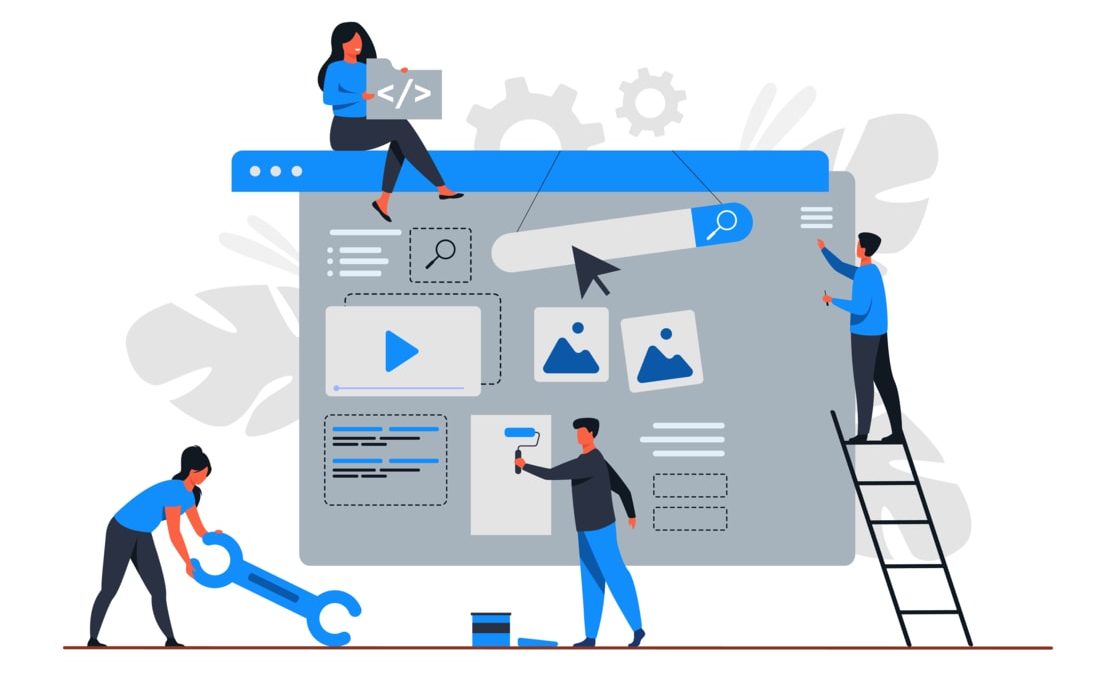
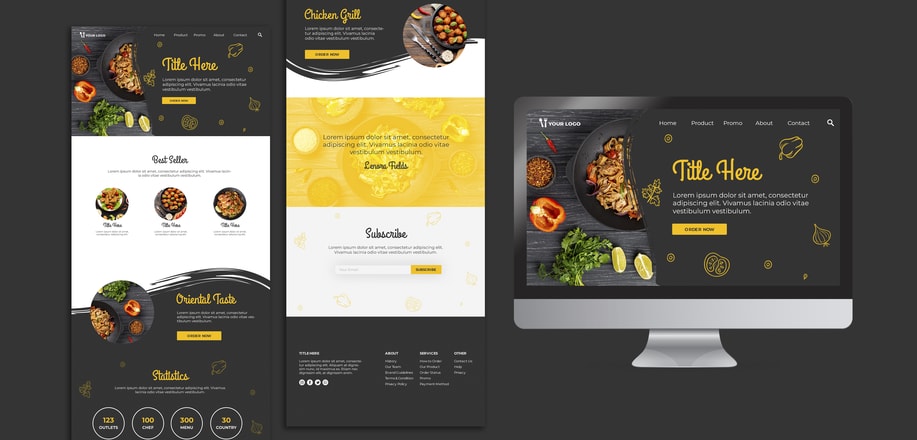
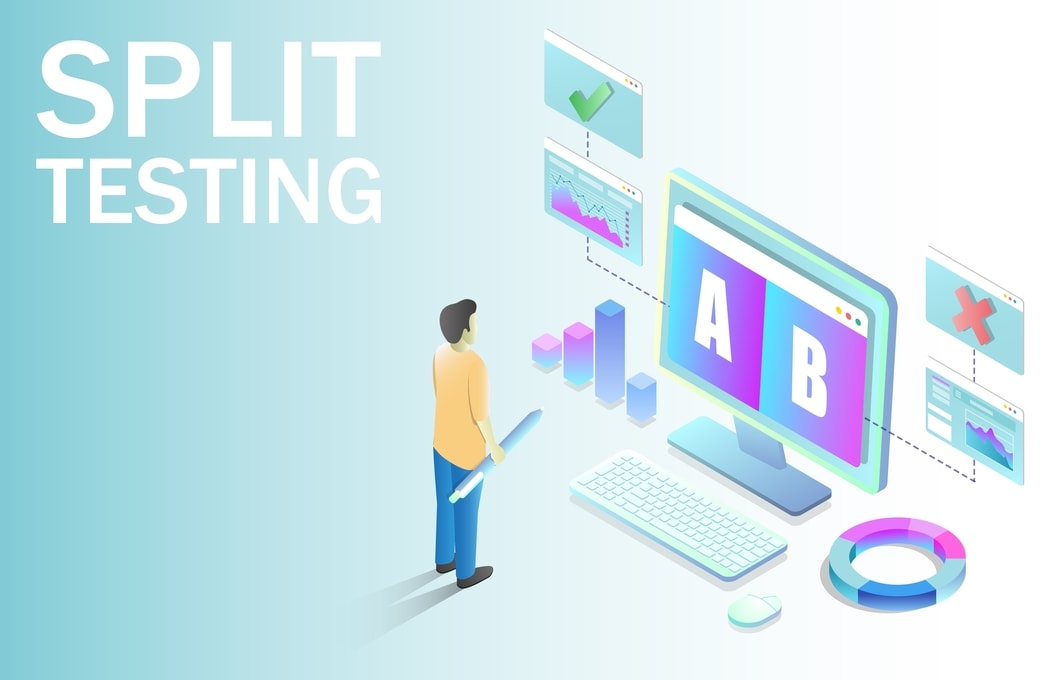
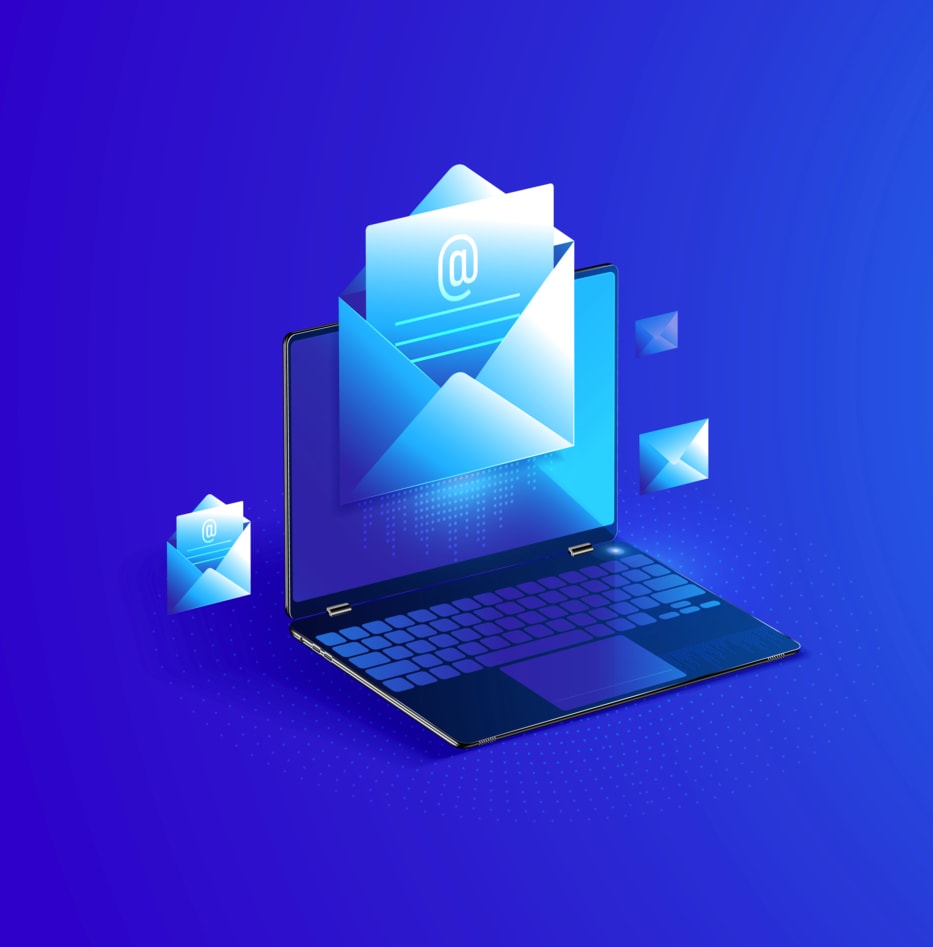
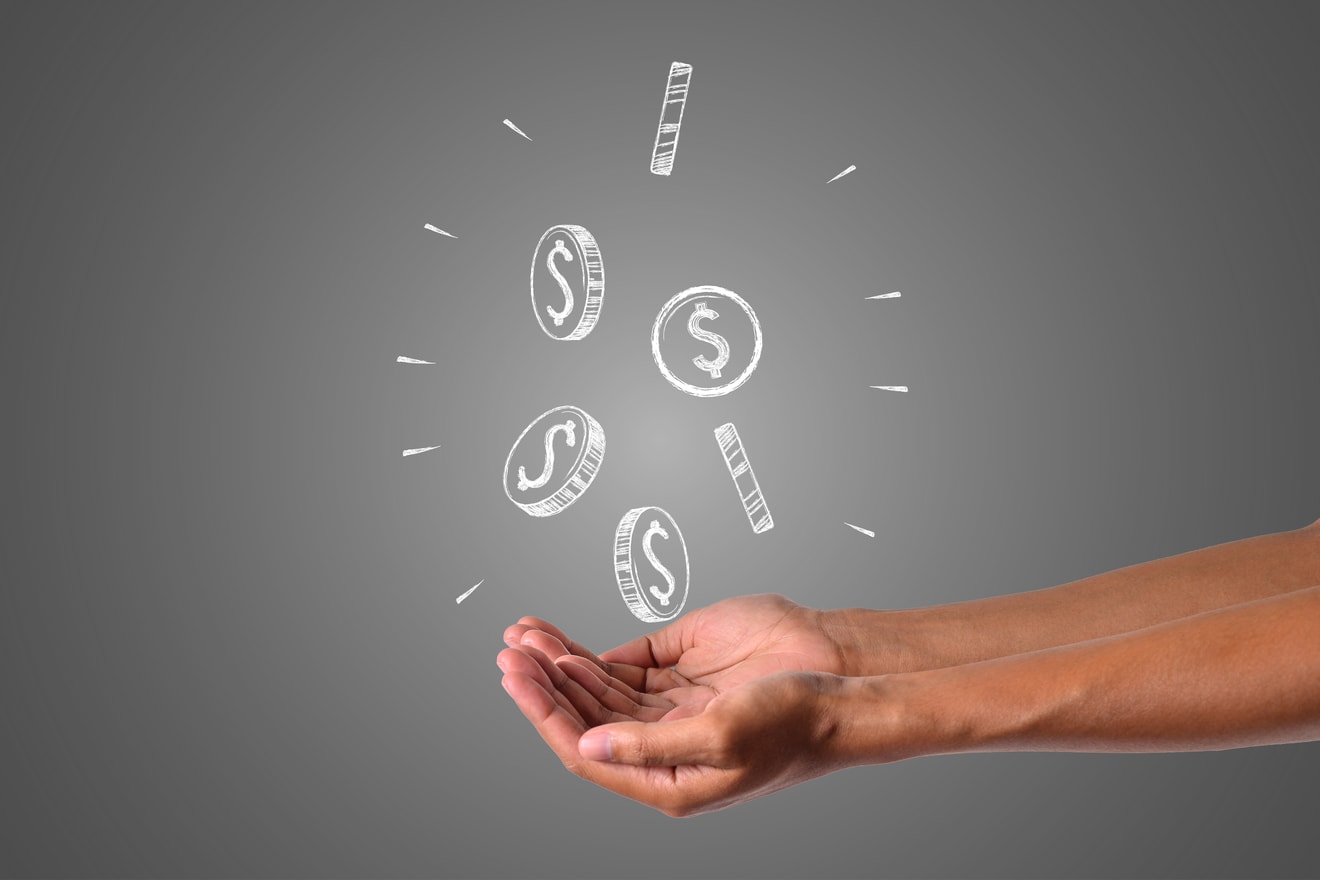
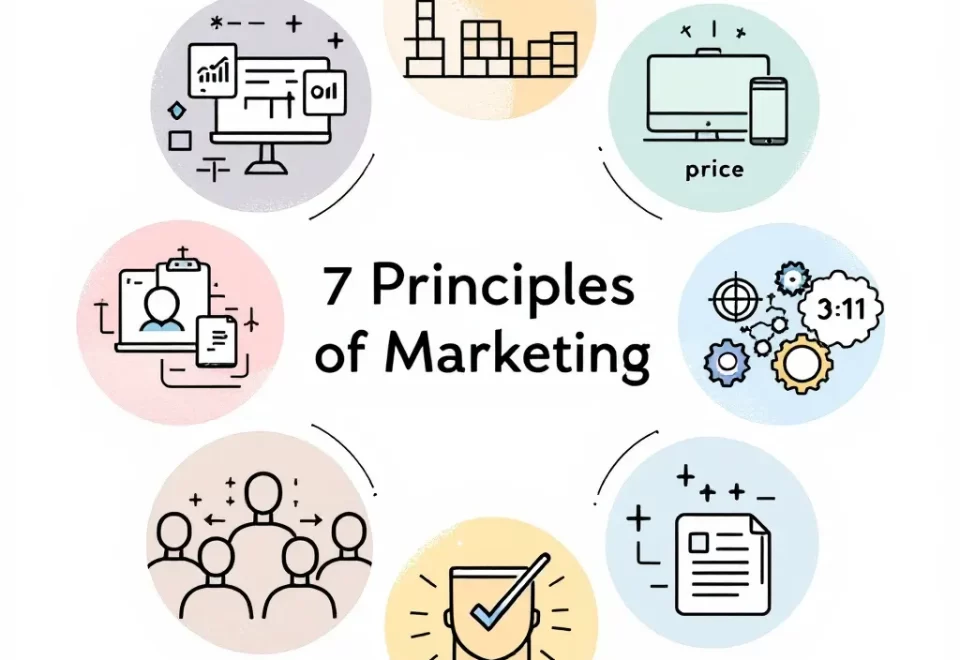


2 Comments
This was a very informative blog and I really enjoyed reading it. But I also have a few points regarding it to discuss with you.
Landing pages are essential tools for marketers, helping them increase conversion rates. Not only eCommerce companies but all big or small businesses can benefit from having customer-Centric Landing Pages.
Here is the some reasons to have customer-centric landing pages:-
1. Creating content that serves the consumer benefits
2. Customer-centric approach boosts trust
3. Customer-centric helps Increase Conversions
I was very much delighted to read your blog on Landing Pages Importance and it felt very informative to me. But I would like to add some more points for some extra information to your readers.
1. Better user experience
2. Higher conversion rates
3. Improved Quality Score
4. Increased ROI.
These are some of the points I thought to be included.